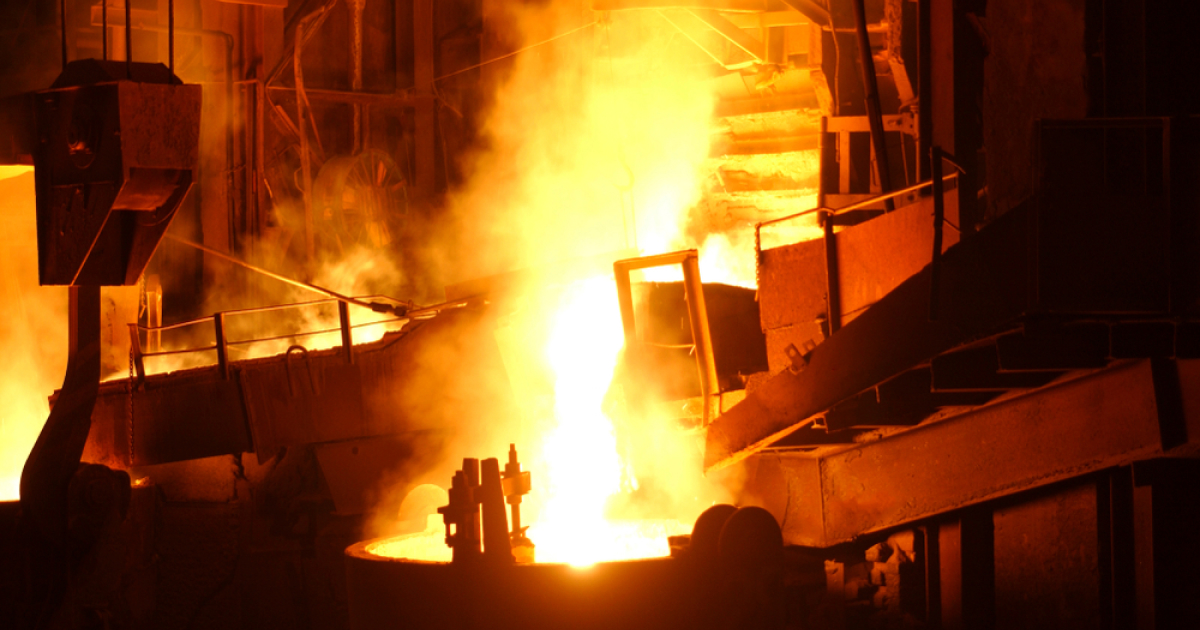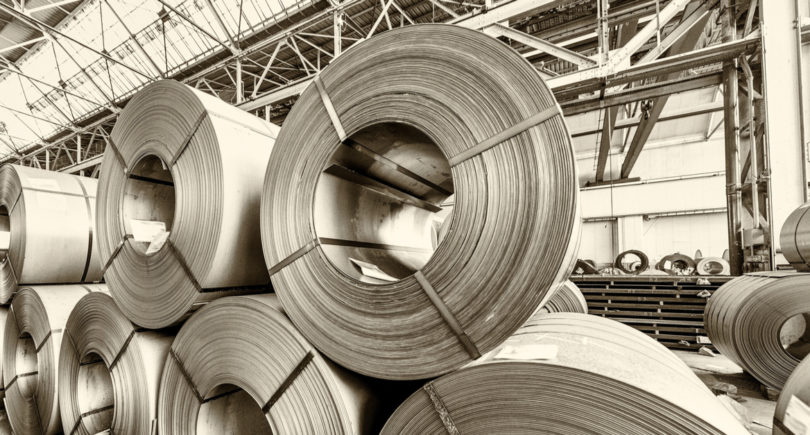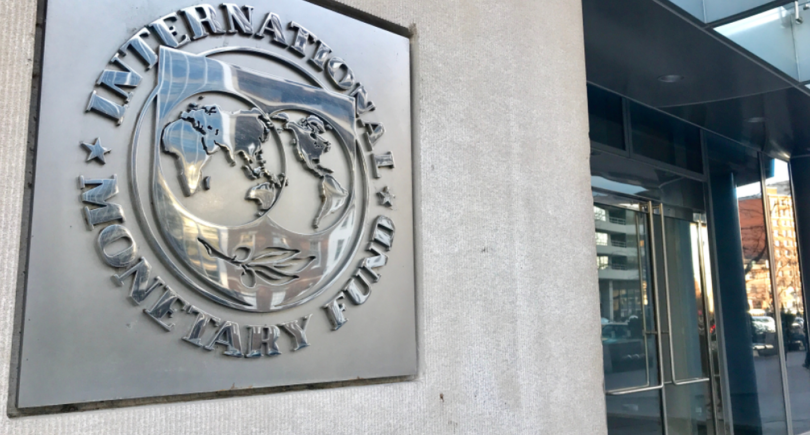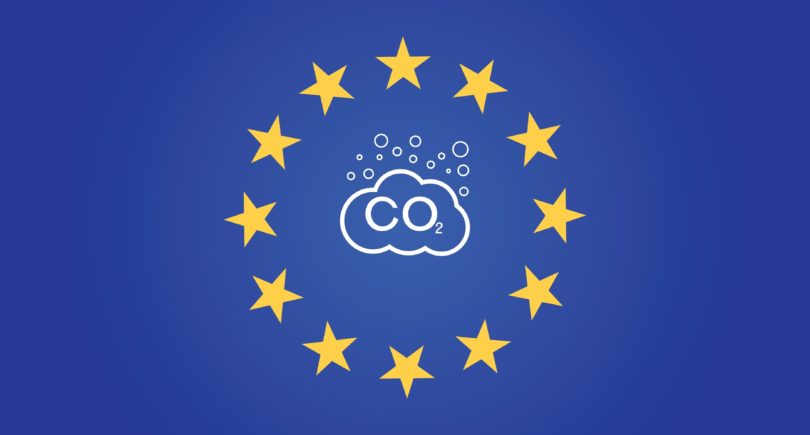
News Global Market protective measures 1010 18 March 2025
Restrictions on scrap exports are also being considered
The European Commission will propose a rule of origin for steel products (melted and poured) as part of its Steel and Metals Action Plan to improve the effectiveness of trade defense measures. This was reported by Argus.Media.
According to the agency, this will mean that the origin of goods will be determined by the place where the metal was originally smelted, regardless of where it was further processed. This step, in particular, will make it impossible to circumvent anti-dumping and other duties by minimizing steel processing in other countries.
The EC plans to remain vigilant, as excess capacity created in non-market conditions may also encourage third-country producers to export to the EU volumes of products that have been displaced from their domestic or other traditional non-European markets.
The rule could have serious implications for imports of cold-rolled and hot-dip galvanized steel into the bloc.
“Obviously, the new rule will be used to impose trade restrictions on products from China. Currently, steel smelted in China can be shipped to the EU after processing in other countries and not be considered Chinese. It is likely that a significant share of supplies from Vietnam, in particular galvanized steel, is made using Chinese products. However, questions remain as to how the origin will be verified and whether such checks will be effective,” said Andriy Glushchenko, GMK Center analyst.
In addition, the European Commission is going to proactively open trade investigations when there is a “threat of damage” without waiting for it to actually occur.
At the same time, according to Reuters, the EC will publish a new proposal for a system of tariff quotas by the third quarter of this year, which will expire on July 1, 2026.
European officials also plan to propose export duties and restrictions on scrap exports in the third quarter of this year. According to sources familiar with the matter, the export duty on scrap could be up to 25%.
In February of this year, the European Commission presented the Clean Industry Agreement, a business plan to support the competitiveness and future of manufacturing industries in Europe. The document positions decarbonization as a powerful driver for the growth of the region’s industry. The Commission is also taking steps to make the regulatory environment more efficient, while reducing bureaucratic obstacles to business.




